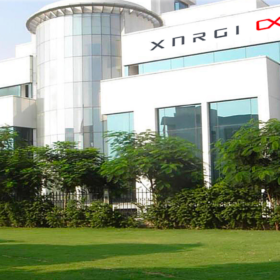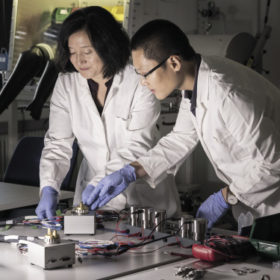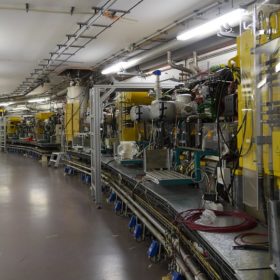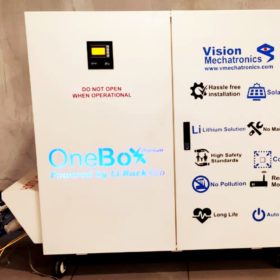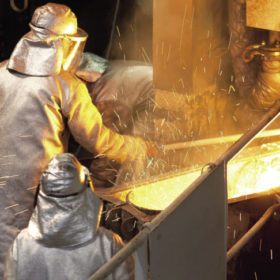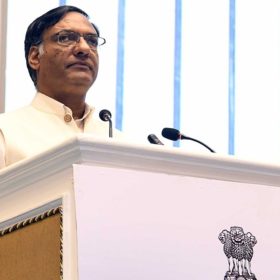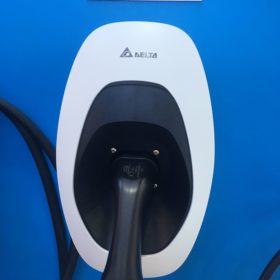US based XNRGI opens lithium-ion battery factory in India
Based in Gurugram, the factory is spread over 30,000 sq.ft and can produce 240 MWh of high-temperature battery storage solutions annually. These batteries can charge to 80% capacity within two hours and operate in excess of 55ºC, which makes them suitable for hot, humid tropical climates.
The long read: Stored potential
Demand for batteries is going nowhere but up, as new factories seem to appear almost every week with promises to power electric vehicles, consumer electronics, and grid-connected storage. But the lithium-ion technology that all of these rely on is not without drawbacks, and a whole host of new storage solutions is eager to get out of the laboratory.
Speeding up energy storage with pseudocapacitors
Scientists at Germany’s Helmholtz Zentrum Berlin have made a discovery they say could greatly increase the energy storage capacity of titanium-based ‘MXene’ pseudocapacitors, ultimately leading to faster-charging batteries. The group found adding urea molecules between MXene layers increased the material’s storage capacity by up to 56%.
Indian Oil will start field-testing metal-air battery for electric vehicles soon
A range of up to 600 km is possible when Lithium-ion batteries are combined with metal-air batteries that the fossil fuel giant intends to produce in India under a partnership with Israel based startup Phinergy.
A plug-and-play solar-powered battery back-up solution for the home
The OneBox, from Indian manufacturer Vision Mechatronics, consists of a lithium battery, hybrid inverter and solar charge controller to give a hassle-free solution for electricity back-up during power outages. Solar rooftop owners are offered a grid feed feature to maximize net metering income from any excess power generated.
Environment ministry releases draft version of battery waste management rules
Establishment of an R&D cell for battery recycling and online tracking of the collection and re-processing of used batteries are highlights of the draft rules which seek to ensure safe disposal and organized recycling of batteries at the end of their life.
India’s future energy options all add up to coal, agree the experts
Panellists including a government representative and a member of the chief policy thinktank used by Narendra Modi agreed coal will continue as the staple source of Indian power into the mid century and technology should be employed to ‘clean’ it.
India’s lithium-ion battery imports increase fourfold in two years
China, Hong Kong and Vietnam are the top three nations exporting batteries to India. Chinese imports were worth $773 million in the last fiscal year with Hong Kong shipping $267 million worth and Vietnam $114 million, according to the Ministry of Commerce.
Li-ion Gigafactories: Niti Aayog seeks cabinet nod for Rs 7 billion annual subsidy proposal
Already approved by the finance ministry, the proposal aims to woo investors into setting up manufacturing units in India and lower battery costs with indigenization of technology. An aggregate manufacturing capacity of 50 GWh is planned to be set up over a period of 10 years, which would require investments worth Rs 355 billion.
Delta Electronics launches 22KW AC EV charger and 125KW string PV inverter
The wall-mount charger with a high power output of 22 KW AC maximum reduces electric vehicle charging time by up to 70% in comparison to common 7KW AC chargers. The 125 KW string inverter—a cloud-connected three-phase solution—enables cost-efficient decentralized photovoltaic systems for both ground-mounted and large commercial applications.
